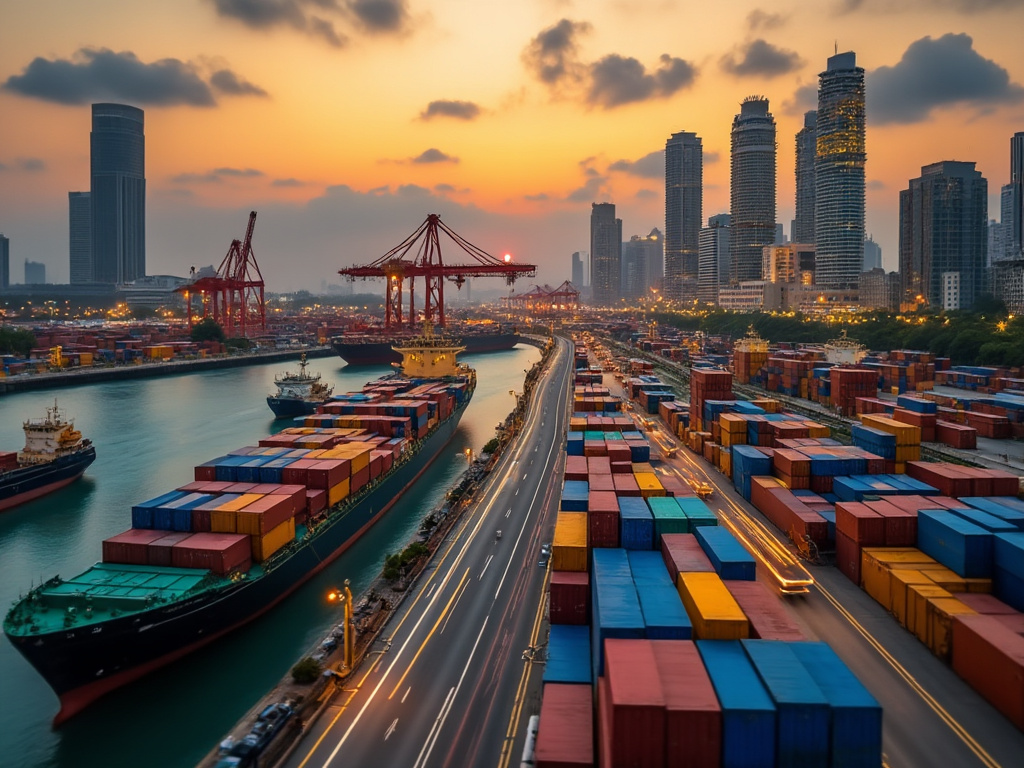
Incident in Noida leads to critical injuries and renewed debates about justice for affluent individuals involved in road accidents.
A recent incident involving a Lamborghini crash in Noida, a suburb of New Delhi, has sparked significant public discourse regarding legal impunity and privilege among wealthy drivers in India.
The crash, which occurred last Sunday, resulted in critical injuries for two construction workers, raising alarms about safety for vulnerable pedestrians in urban areas.
Deepak Kumar, a luxury car dealer, was apprehended for allegedly engaging in rash and negligent driving after the vehicle he was testing lost control and struck the workers.
Following his arrest, Kumar was granted bail the next day at a cost of 25,000 rupees (approximately US$300), prompting widespread outrage on social media platforms.
This leniency in the legal process has intensified scrutiny of India's justice system, particularly its treatment of affluent individuals involved in road traffic incidents.
A video documenting the aftermath of the crash has circulated widely, showing Kumar exiting the damaged vehicle and inquiring about the victims' conditions in Hindi: "Koi mar gaya kya?" ("Has anyone died?").
The clip has contributed to growing public anger and concerns over a perceived double standard in the legal framework when it comes to cases involving wealthy individuals, especially those resulting in harm to economically disadvantaged groups.
A bystander present during the incident, Gaurav, recalled the moments leading up to the crash, describing how Kumar seemingly lost control of the car, which subsequently collided with the victims before crashing into a roadside divider.
This incident has drawn parallels to a previous fatal crash involving a luxury vehicle that also ignited national debate about legal accountability and social disparity within the context of India's road safety regulations.
The reemergence of these discussions underscores a persistent concern regarding road safety and justice for pedestrians, particularly in urban areas where interactions between luxury vehicles and vulnerable populations frequently occur.
The crash, which occurred last Sunday, resulted in critical injuries for two construction workers, raising alarms about safety for vulnerable pedestrians in urban areas.
Deepak Kumar, a luxury car dealer, was apprehended for allegedly engaging in rash and negligent driving after the vehicle he was testing lost control and struck the workers.
Following his arrest, Kumar was granted bail the next day at a cost of 25,000 rupees (approximately US$300), prompting widespread outrage on social media platforms.
This leniency in the legal process has intensified scrutiny of India's justice system, particularly its treatment of affluent individuals involved in road traffic incidents.
A video documenting the aftermath of the crash has circulated widely, showing Kumar exiting the damaged vehicle and inquiring about the victims' conditions in Hindi: "Koi mar gaya kya?" ("Has anyone died?").
The clip has contributed to growing public anger and concerns over a perceived double standard in the legal framework when it comes to cases involving wealthy individuals, especially those resulting in harm to economically disadvantaged groups.
A bystander present during the incident, Gaurav, recalled the moments leading up to the crash, describing how Kumar seemingly lost control of the car, which subsequently collided with the victims before crashing into a roadside divider.
This incident has drawn parallels to a previous fatal crash involving a luxury vehicle that also ignited national debate about legal accountability and social disparity within the context of India's road safety regulations.
The reemergence of these discussions underscores a persistent concern regarding road safety and justice for pedestrians, particularly in urban areas where interactions between luxury vehicles and vulnerable populations frequently occur.























